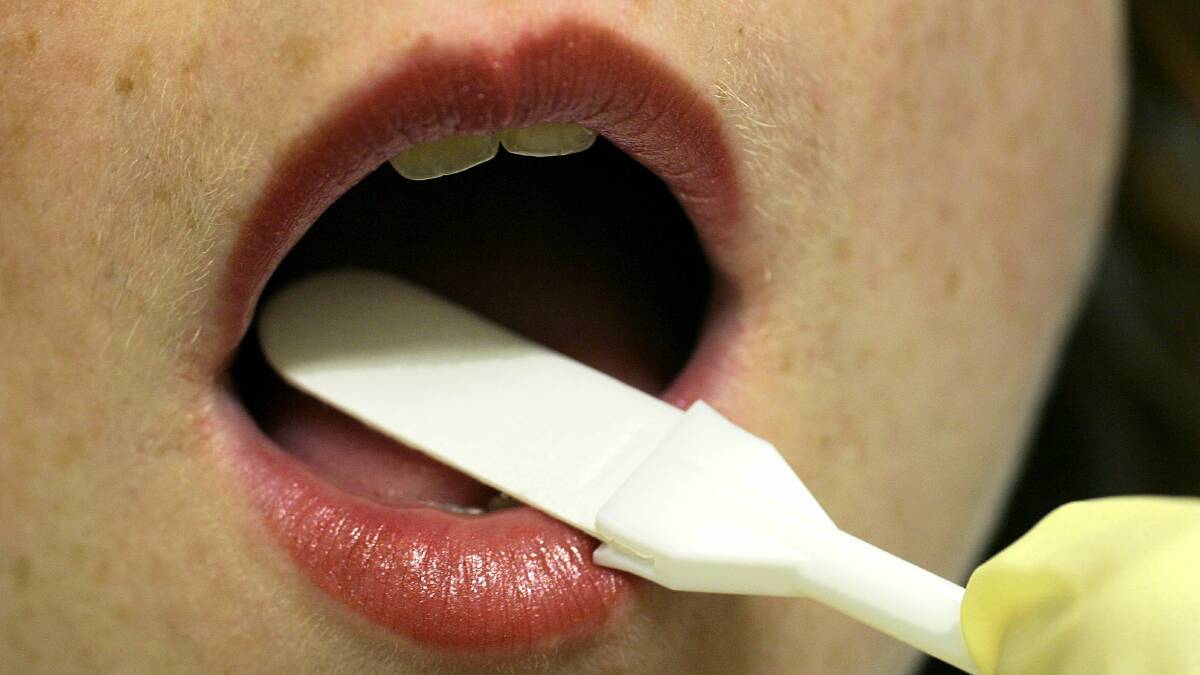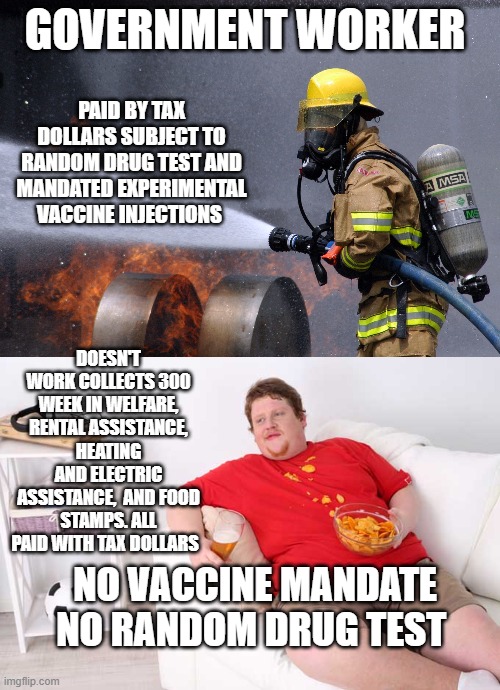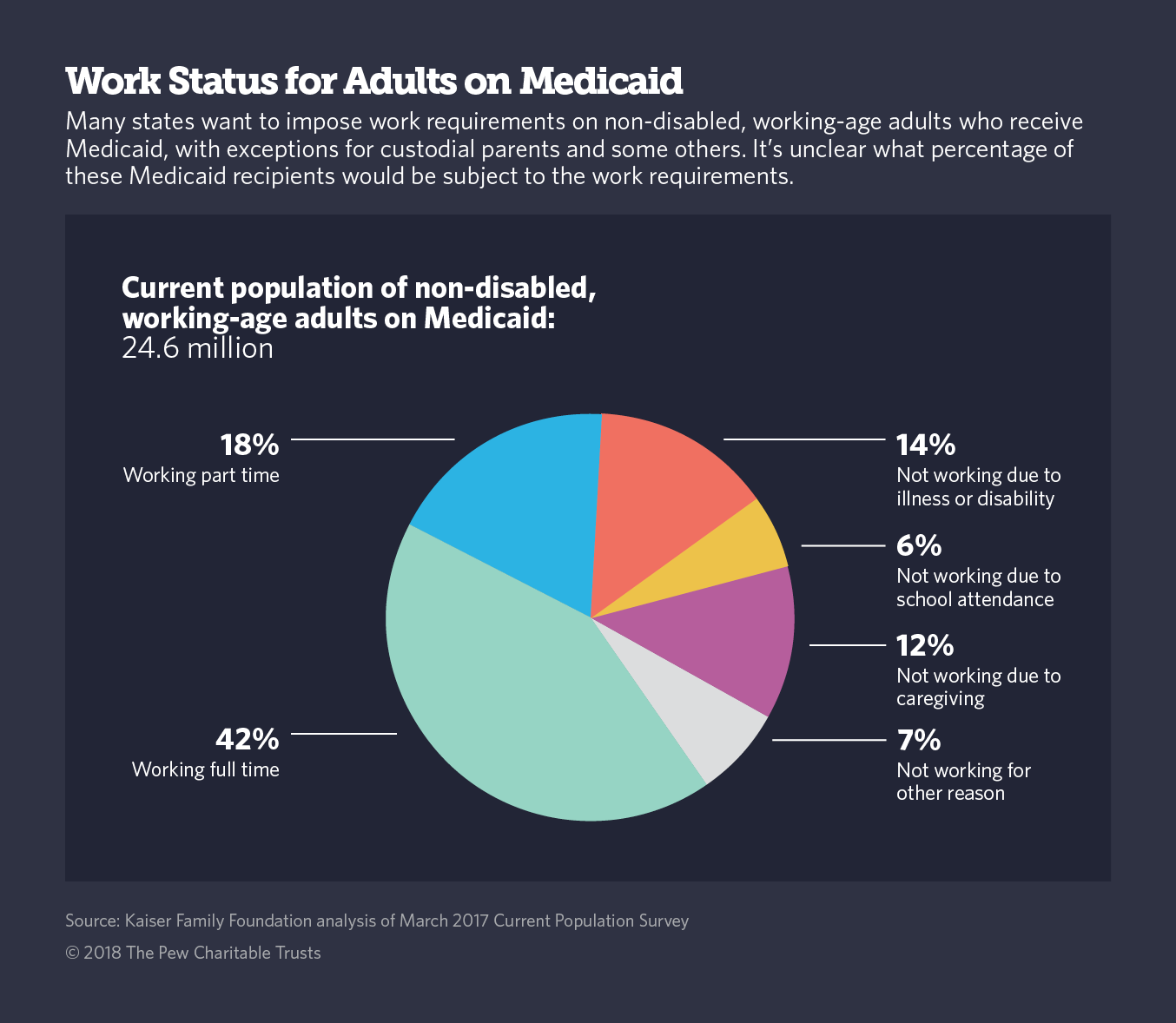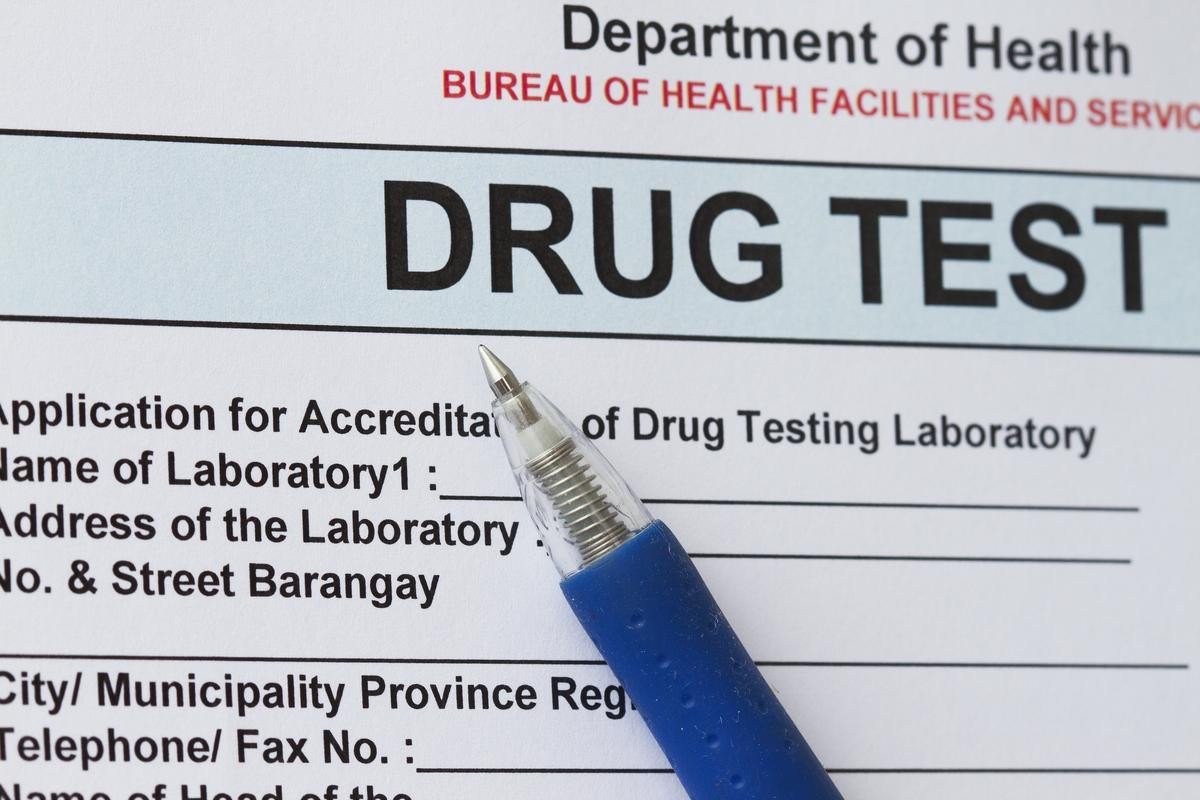The issue of whether the government should drug test welfare recipients is a controversial and complex one, with valid arguments on both sides. On the one hand, proponents of drug testing argue that it is a necessary measure to ensure that public funds are not being used to support drug habits and that welfare recipients are using the assistance they receive in a responsible and productive manner. On the other hand, opponents argue that drug testing disproportionately affects low-income and minority populations, violates privacy rights, and may not be an effective way to address drug use or addiction.
One argument in favor of drug testing welfare recipients is that it promotes personal responsibility and accountability. By requiring welfare recipients to pass a drug test in order to receive assistance, the government can ensure that public funds are not being used to support drug habits. This can help to promote the responsible use of welfare benefits and encourage recipients to seek treatment for any drug-related issues they may have.
Another argument in favor of drug testing is that it can help to protect the safety and well-being of children. If a parent receiving welfare benefits is using drugs, it is likely that the children in their care are also being exposed to the dangers of drug use. By requiring drug testing, the government can identify and intervene in situations where children may be at risk and provide assistance to families in need.
However, there are also valid arguments against drug testing welfare recipients. One concern is that drug testing disproportionately affects low-income and minority populations. These groups are more likely to be subject to drug testing due to their higher rates of welfare participation, which can perpetuate stereotypes and create barriers to accessing assistance. Additionally, drug testing welfare recipients may violate their privacy rights and be seen as a form of government overreach.
Another concern is that drug testing may not be an effective way to address drug use or addiction. While drug testing may be able to identify individuals who are using drugs, it does not necessarily provide them with the support and treatment they need to overcome their addiction. As a result, drug testing may not address the underlying issues that contribute to drug use and may simply serve as a punishment for those who are struggling with addiction.
In conclusion, the question of whether the government should drug test welfare recipients is a complex and controversial one, with valid arguments on both sides. While drug testing may be able to promote personal responsibility and protect the safety and well-being of children, it is important to consider the potential negative impacts on low-income and minority populations and the effectiveness of drug testing in addressing drug use and addiction. Ultimately, any decision on drug testing welfare recipients should be carefully weighed and consider the potential consequences for all stakeholders.







